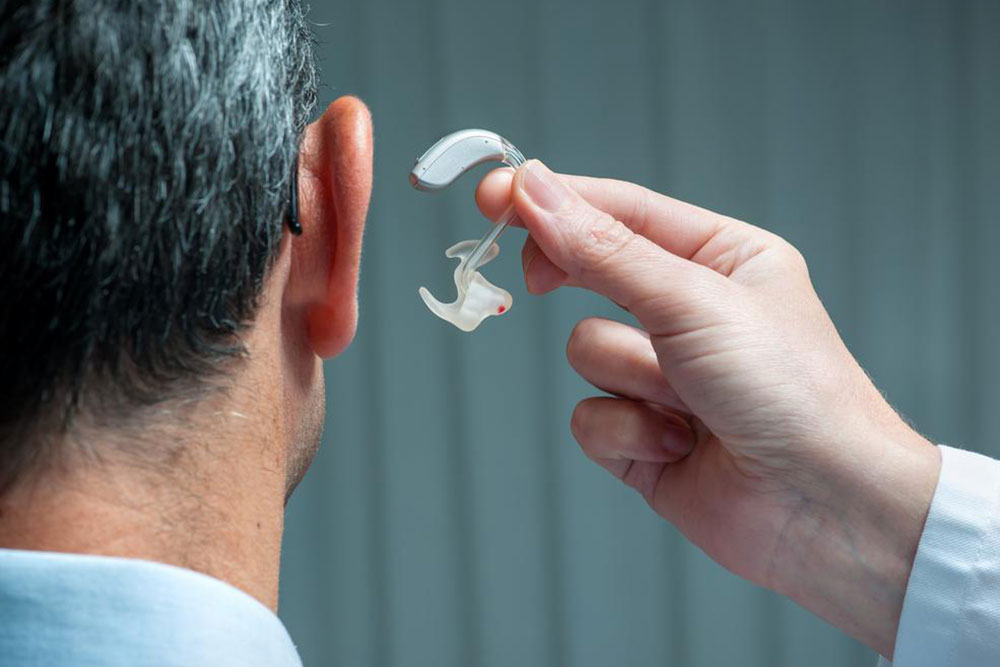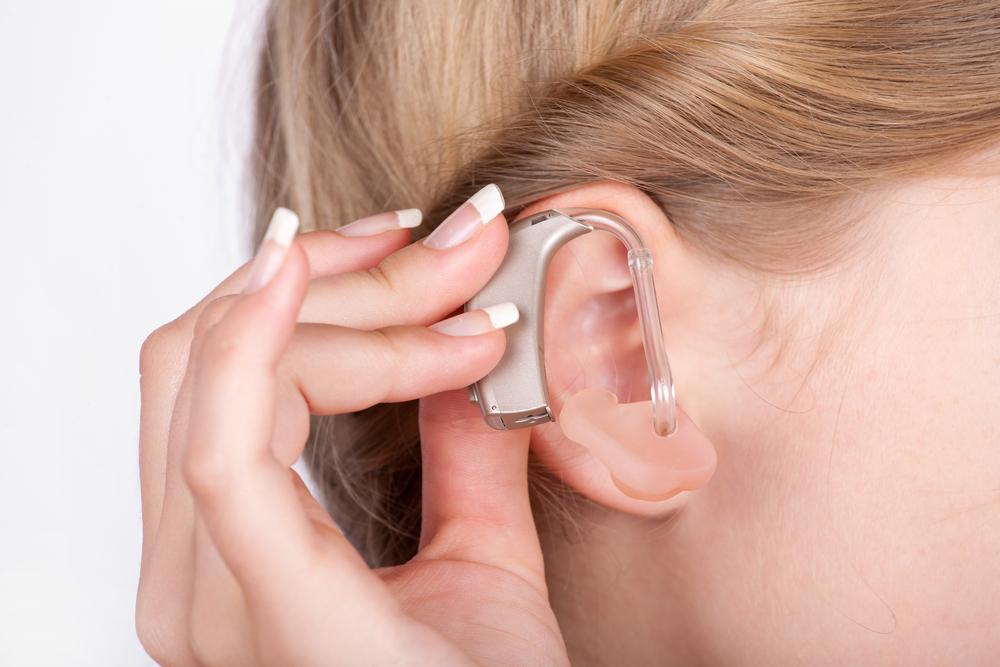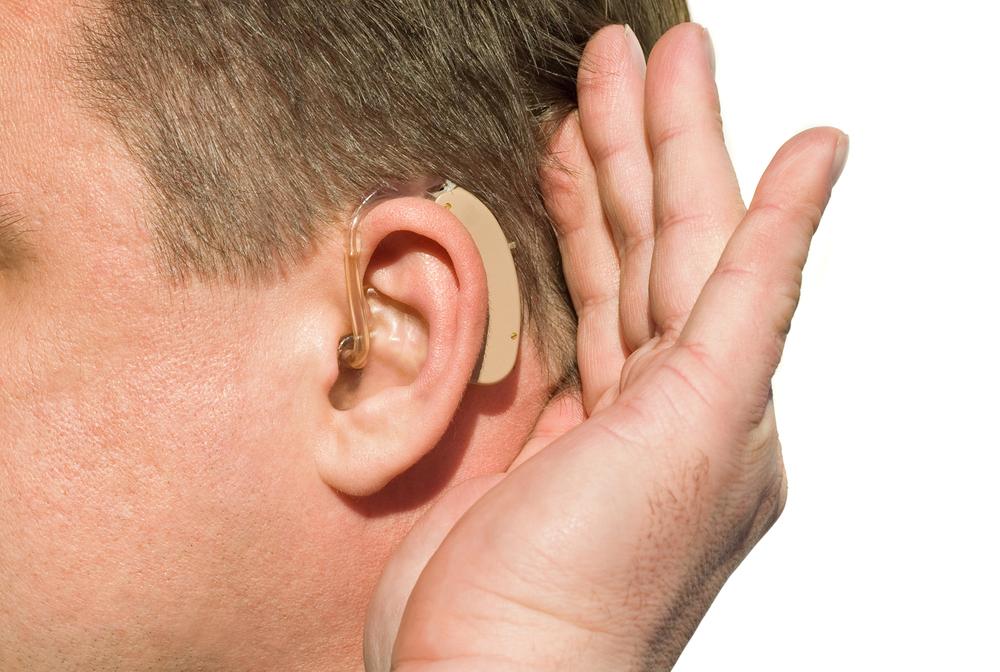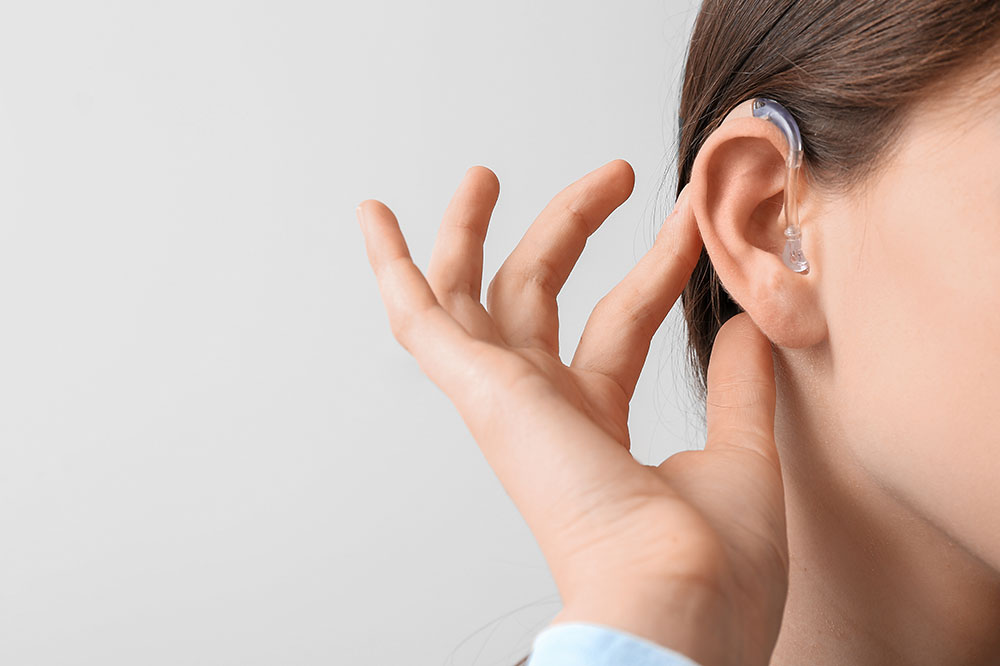Are Discreet Hearing Aids Suitable for You?
Discover whether invisible hearing aids are suitable for your hearing needs. This article explores their benefits, such as discreetness and natural sound, alongside limitations like battery life and suitability for specific hearing loss types. Consult an audiologist to find the best device for you and enjoy a comfortable, less noticeable hearing aid experience.

Are Discreet Hearing Aids Suitable for You?
It may come as a surprise, but many seniors avoid using hearing aids due to concerns about social stigma.
Some also shy away because they believe traditional devices look unattractive. This is where invisible hearing aids come into play. Today, more individuals are choosing discreet devices over conventional hearing aids. But are invisible options truly necessary for your needs? Read on to explore the advantages and disadvantages of invisible hearing aids.
Benefits of invisible hearing aids
They remain concealed
These hearing aids are crafted to sit deep inside the ear canal, making them virtually invisible. This allows users to enjoy clarity without worrying about their device being visible.
Natural sound experience
Placed deep within the ear, these aids capture sounds more naturally, preserving environmental cues that help recognize sound origins. Their design eliminates wires or tubes, providing a more authentic auditory experience.
Reduced occlusion sensation
Users often experience a hollow or muffled voice with traditional aids due to occlusion. Invisible hearing aids cover less of the ear, minimizing this discomfort. Their small size ensures minimal blockage, leading to greater comfort.
Limitations of invisible hearing aids
Limited battery life
Due to their small size, batteries in invisible hearing devices tend to drain quickly, requiring frequent replacements and additional costs.
Not suitable for all types of hearing loss
These aids are generally effective for mild to moderate hearing loss. Their compact design restricts the inclusion of advanced features like powerful speakers or processing capabilities. Additionally, if your ear canal is narrow or irregular, it might be difficult to place and fit these devices properly. Individuals with visual impairments may also find handling and positioning challenging.
If you're unsure which type of hearing aid fits your lifestyle and hearing requirements, consult with an audiologist. They can help you choose the most suitable option based on your specific needs.










